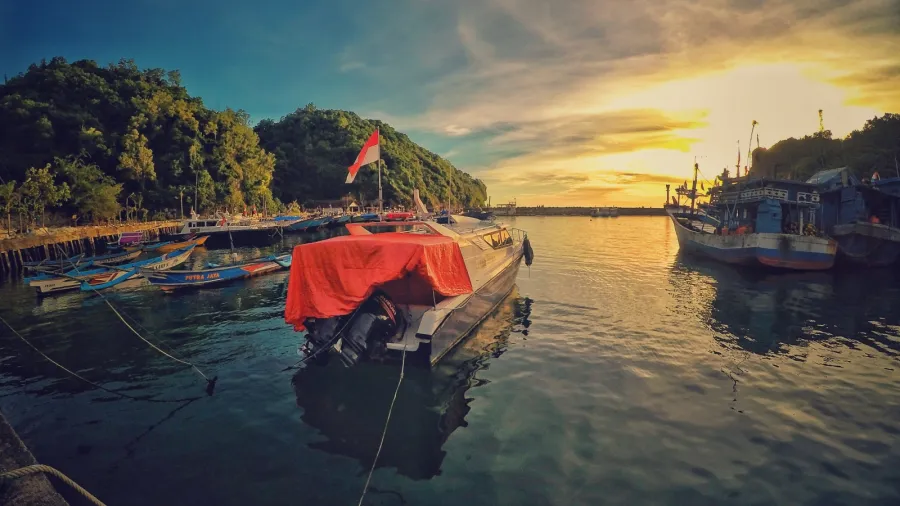
PT Meritz Korindo Insurance maintains strong capital buffer
It even surpassed the new 2026 equity requirement of $15m.
Fitch Ratings predicts PT Meritz Korindo Insurance’s capital buffer to maintain ample enough to brace its business and offset its volatile underwriting performance.
“Capitalisation, as measured by the risk-based capital ratio, was 512% at end-2023 (2022: 582%), well above the 120% minimum regulatory requirement. In addition, the insurer's equity balance is already above the new 2026 equity requirement of $15m (IDR250b).” Fitch Ratings said in a report.
However, the insurer’s absolute amount of capitalisation remains small versus its Fitch-rated peers.
Meritz Korindo is an 'Important' subsidiary of South Korea-based Meritz Fire and Marine Insurance, benefiting from operational synergies and brand use.
Despite its small scale, it draws on the group's expertise in marketing and risk management and has been the group's sole overseas subsidiary for 26 years.
Meritz Korindo's company profile is 'Less Favourable' due to its small scale, holding a 0.3% market share of Indonesia's non-life gross premiums written (GPW) in 2023, and its high-risk appetite.
Its business is concentrated in property insurance, accounting for 81% of total GPW in 2023, with around 80% sourced from Korean channels.
The company heavily relies on reinsurance, ceding a large share of premiums due to its small scale and high catastrophe risk, assessed Fitch Ratings.
Its premium retention ratio averaged 10% over 2021-2023, significantly lower than the non-life industry average of 59%. At the end-2023, its capital base exposure to reinsurance recoverables was 125%, reflecting a greater share of reinsurance assets.
Meritz Korindo's financial performance is volatile, with high claims from property and engineering sectors leading to a net loss ratio of 52% in 2023 and 64% in 2022.
Despite this, its underwriting result has been positive for the past three years, supported by reinsurance recovery and commission, and it maintains a strong return on equity from positive investment income.
Its invested assets are primarily in cash, equivalents, and fixed-income securities such as government bonds, with manageable exposure to risky assets like unaffiliated stocks.
($1.00 = IDR16,337)





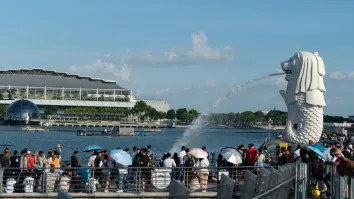




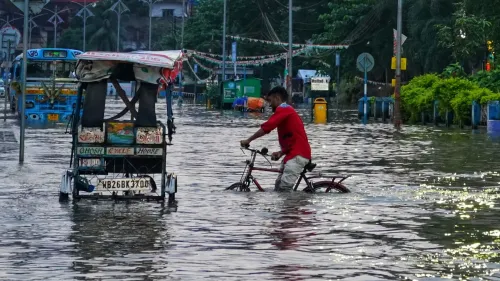


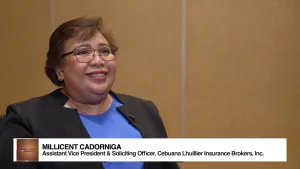



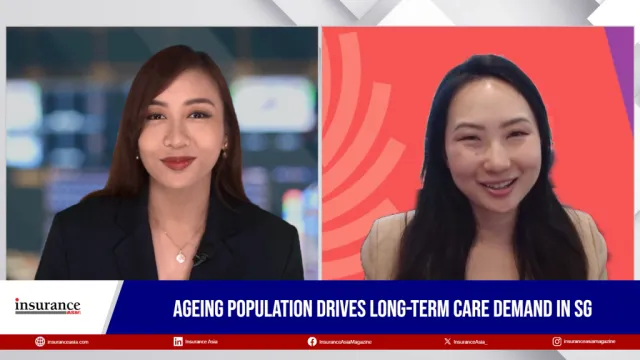

 Advertise
Advertise







